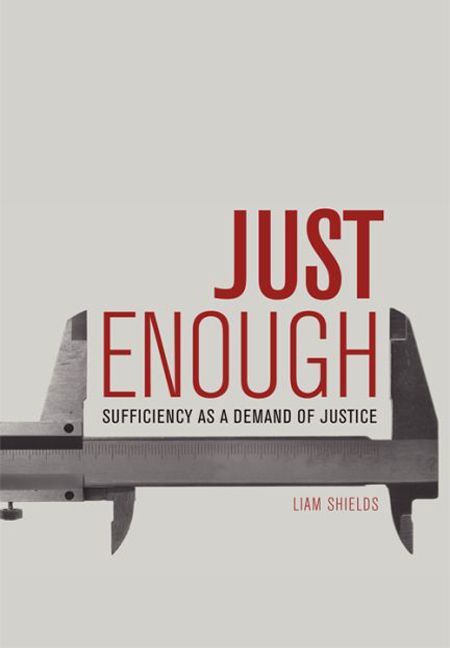6 - Sufficiency and Global Justice
Published online by Cambridge University Press: 20 April 2017
Summary
Historically, political philosophers have focussed on justice as it applies to individual states or societies. Indeed, Rawls takes this as his starting point for theorising when he states:
I shall be satisfied if it is possible to formulate a reasonable conception of justice for the basic structure of society conceived for the time being as a closed system isolated from other societies. The significance of this special case is obvious and needs no explanation. It is natural to conjecture that once we have a sound theory for this case, the remaining problems of justice will prove more tractable in the light of it. With suitable modifications such a theory should provide the key for some of these other questions.
More recently, perhaps prompted by increased globalisation, much more attention has been paid to the question of what a just world would look like and what justice-based obligations individuals from one state have to those in another. No doubt a just world would be very unlike our current world. But how, exactly? Would it involve egalitarian redistribution of resources from one nation to another? Or would it simply involve equality within individual states and cordial international relations between them, perhaps with the international community obliged to offer support to greatly burdened societies or only in cases of emergency or extreme poverty? The various positions in global justice debates provide answers to these questions.
In the most general terms, debates about global justice are concerned with who has what sort of obligations of justice to whom and, in particular, whether those living in one state or region have obligations of distributive justice to those living in another state or region. It is not simply a matter of working out what each individual, wherever they are in the world, is owed as a matter of justice, whether that is equality or sufficiency. It also requires an identification of the group or individual who has the substantive responsibility for fulfilling that claim and, in particular, whether those in different states can have responsibility for fulfilling each other's claims.
- Type
- Chapter
- Information
- Just EnoughSufficiency as a Demand of Justice, pp. 166 - 192Publisher: Edinburgh University PressPrint publication year: 2016



